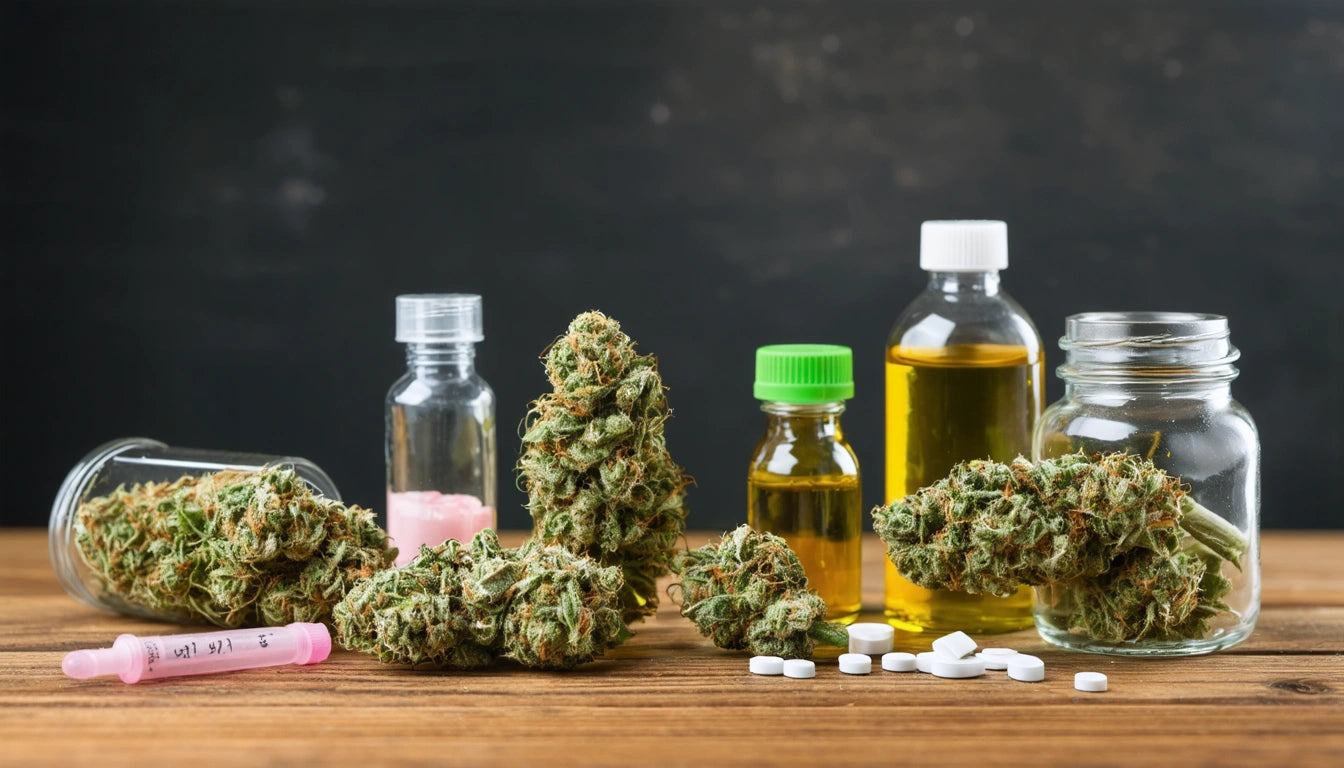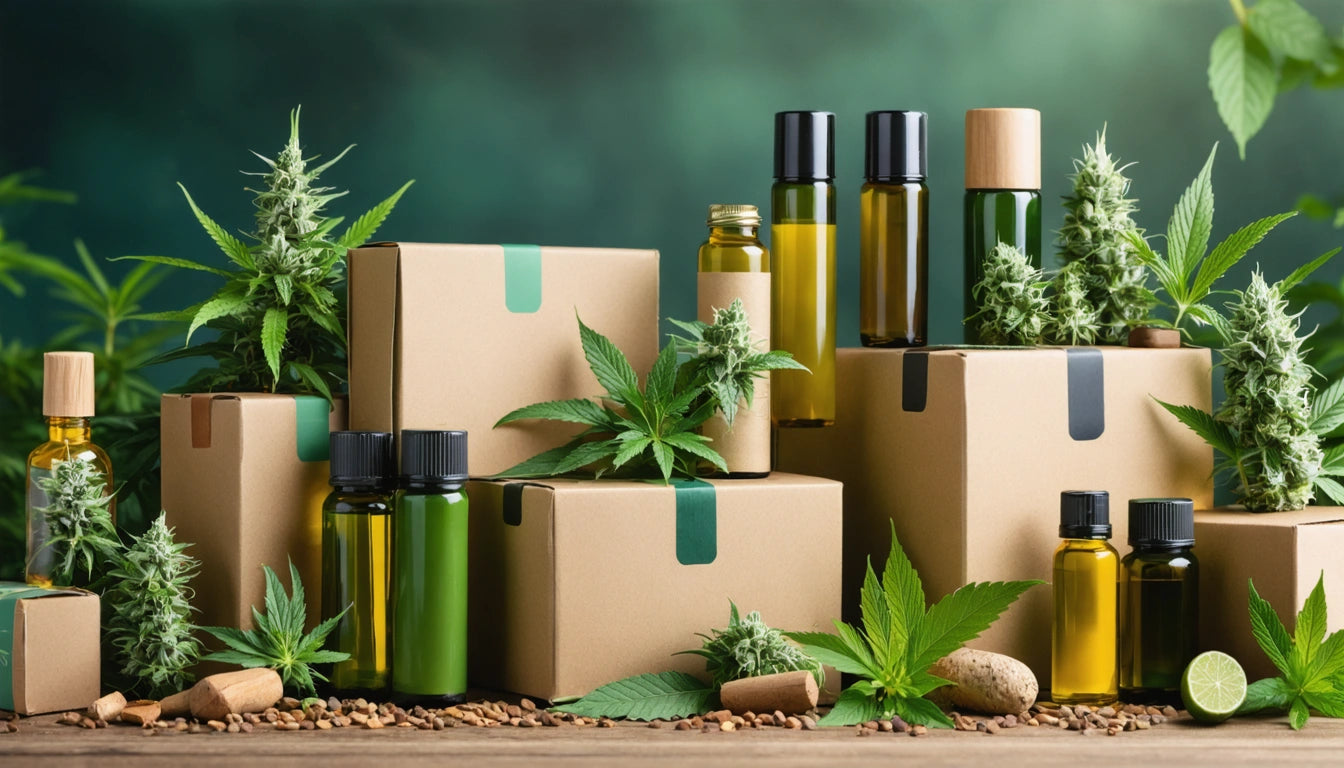How to Legally Obtain and Use Medical Marijuana in Florida
Florida's medical marijuana program has expanded significantly since its inception, providing relief to patients with qualifying conditions. Understanding how to get medical marijuana in Florida involves navigating specific regulations, from obtaining a recommendation to knowing where you can legally consume your medicine.
Florida Medical Marijuana Program Overview
Florida legalized medical marijuana through Amendment 2 in 2016, establishing the Office of Medical Marijuana Use (OMMU) to regulate the program. Unlike some states, Florida requires patients to receive recommendations from qualified physicians and register with the state before accessing dispensaries.
The program has grown substantially, with over 700,000 qualified patients and more than 400 dispensary locations statewide as of 2023. While recreational use remains illegal, understanding current recreational restrictions helps clarify the importance of obtaining proper medical authorization.
Qualifying for Medical Marijuana in Florida
Eligible Medical Conditions
To qualify for medical marijuana in Florida, patients must have one of these conditions:
- Cancer
- Epilepsy
- Glaucoma
- HIV/AIDS
- Post-traumatic stress disorder (PTSD)
- Amyotrophic lateral sclerosis (ALS)
- Crohn's disease
- Parkinson's disease
- Multiple sclerosis (MS)
- Medical conditions comparable to those listed above
- Terminal conditions
- Chronic nonmalignant pain
Additionally, physicians may recommend medical marijuana for other debilitating conditions they believe would benefit from treatment, as outlined in this comprehensive guide to obtaining a Florida medical marijuana card.
Step-by-Step Application Process
Getting your medical marijuana card in Florida involves several key steps:
1. Find a Qualified Physician
Locate a doctor certified by the state to recommend medical marijuana. These physicians have completed specific training required by Florida law. The consultation fee typically ranges from $150-$250 and is not covered by insurance.
2. Attend Your Evaluation
During your appointment, the doctor will review your medical history and determine if you qualify. Be prepared to provide medical records documenting your qualifying condition.
3. Register with the OMMU
After receiving your physician's recommendation, you must register with Florida's Office of Medical Marijuana Use and pay the state application fee (approximately $75). This license guide provides helpful details on the registration process.
4. Wait for Approval
Processing typically takes 10-15 business days. You'll receive an email approval that allows you to purchase medical marijuana from licensed dispensaries while your physical card is being processed.
Purchasing from Florida Dispensaries
Florida has several licensed Medical Marijuana Treatment Centers (MMTCs) operating dispensaries throughout the state. Popular options include Trulieve, Curaleaf, MÃœV, and Surterra Wellness. Each offers various products including:
- Flower (available for smoking since 2019)
- Oils and tinctures
- Vape cartridges and disposables
- Edibles
- Topicals
- Concentrates
When visiting a dispensary, bring your state-issued ID and medical marijuana card. First-time patients often receive consultations to help determine appropriate products and dosages for their specific conditions.
Possession Limits and Legal Considerations
Understanding how much weed a medical patient can carry in Florida is crucial to remain compliant. Florida law allows physicians to recommend up to six 35-day supplies of smokable flower, with a maximum of 2.5 ounces per 35-day period. For other routes of administration (oils, edibles, etc.), doctors can authorize a 70-day supply with two refills.
Patients should maintain accurate records of their purchases, and many find that reliable digital scales help ensure compliance with possession limits when dividing larger quantities for personal use at home.
Key legal considerations include:
- Medical marijuana cannot be purchased from unauthorized sources
- Patients cannot grow their own cannabis in Florida
- Crossing state lines with medical marijuana is federally prohibited
- Driving under the influence of cannabis remains illegal
For more details on Florida's marijuana laws, this resource covers legal considerations specific to the state.
Legal Consumption Guidelines
Where can you smoke medical weed in Florida? This is a common question with important restrictions to understand. Medical marijuana can only be consumed in private residences or properties where the owner has explicitly permitted its use. It cannot be used in:
- Public spaces
- Parks
- Beaches
- Public transportation
- Motor vehicles (even as a passenger)
- Workplaces (unless specifically allowed by the employer)
Additionally, smoking is prohibited in locations where tobacco smoking is banned under the Florida Clean Indoor Air Act. This guide on Florida marijuana laws provides further clarification on legal consumption locations.
Looking Ahead: Florida's Evolving Cannabis Landscape
Florida's cannabis regulations continue to evolve, with potential for recreational legalization on the horizon. A 2024 ballot initiative could expand access beyond the medical program. This analysis explores Florida's recreational prospects and potential timeline.
For current medical patients, staying informed about program changes ensures continued legal access. The renewal process requires an annual physician evaluation and state registration renewal 45 days before expiration. Patients who maintain valid certifications can continue accessing dispensaries without interruption.
Whether you're a new patient learning how to get medical weed in Florida or an existing cardholder navigating the system, understanding these regulations helps ensure compliant and effective use of medical marijuana in the Sunshine State.











Leave a comment
All comments are moderated before being published.
This site is protected by hCaptcha and the hCaptcha Privacy Policy and Terms of Service apply.